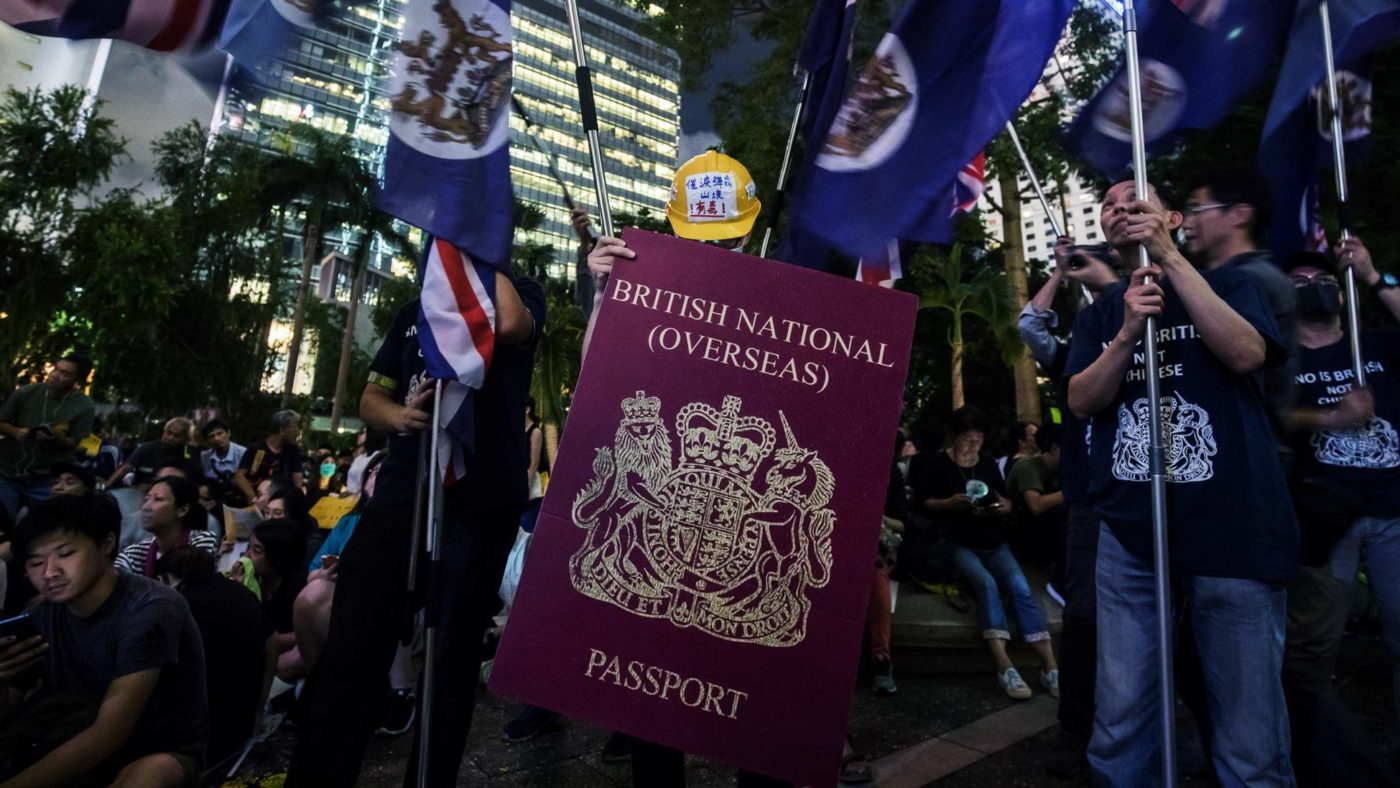The escalating protests in Hong Kong are not just an internal Chinese dispute, but the clash of two competing visions – of people fighting for their civil rights in the face of a mighty, callous police state.
China’s presentation of the dispute as the actions of a bunch of lawless thugs, rather than a mass uprising against its own influence, is straight from the totalitarian playbook. So too is the lopsided version of the clashes being fed back to mainland China via state television.
The last few months are also a timely reminder that, contrary to what some once predicted, the phenomenal economic progress of the last few decades has not been accompanied by any serious moves towards political freedom in China.
Certainly, the sometimes excessive actions of the protesters have played into China’s hands, but to describe their behaviour as “near-terrorism”, as the Chinese government has done, stretches credibility.
The word ‘Orwellian’ has become one of the most overused in the political lexicon, but the great man would surely recognise the irony of using a force called the People’s Liberation Army to help crush dissent.
Still, while passions may run high, they should not give way to needless hyperbole. Talk of Hong Kong becoming another Tiananmen Square appears especially overblown. For one thing, China knows the eyes of the world are on its actions and has little desire to further escalate what has already been a hugely embarrassing conflagration.
Even if China were minded to use brute military force to put down the protests, there are practical obstacles to doing so. As former foreign secretary Sir Malcolm Rifkind pointed out on this week’s Free Exchange podcast: “Hong Kong is not Tiananmen Square, it’s not a relatively small area of one city, it’s a colony of millions of people who would conduct civil disobedience and be hugely difficult to govern.”
What, then, should the UK be doing? Foreign Secretary Dominic Raab’s attempt to intervene was swatted aside by Beijing, who complained of British “interference” in China’s internal affairs.
Of course, even with our historical connection to Hong Kong, there is a clear limit to British influence here. And unlike Donald Trump, we cannot dangle the possibility of a better trading relationship to try and get our way.
But even if we cannot dream of forcing China’s hand, the government might be able to offer a lifeline to some of those in our former colony.
Under the terms of the handover, hundreds of thousands of Hongkongers retain a kind of quasi-British nationality in the form of British National (Overseas) status. Our government should correct this anomaly and regularise their status so that, if the worst does transpire in Hong Kong, they can live and work in the UK.
As the chair of the Foreign Affairs Committee, Tom Tugendhat, has pointed out, this would not only be a even-handed response to the current situation, but the righting of a historic wrong.
CapX depends on the generosity of its readers. If you value what we do, please consider making a donation.


